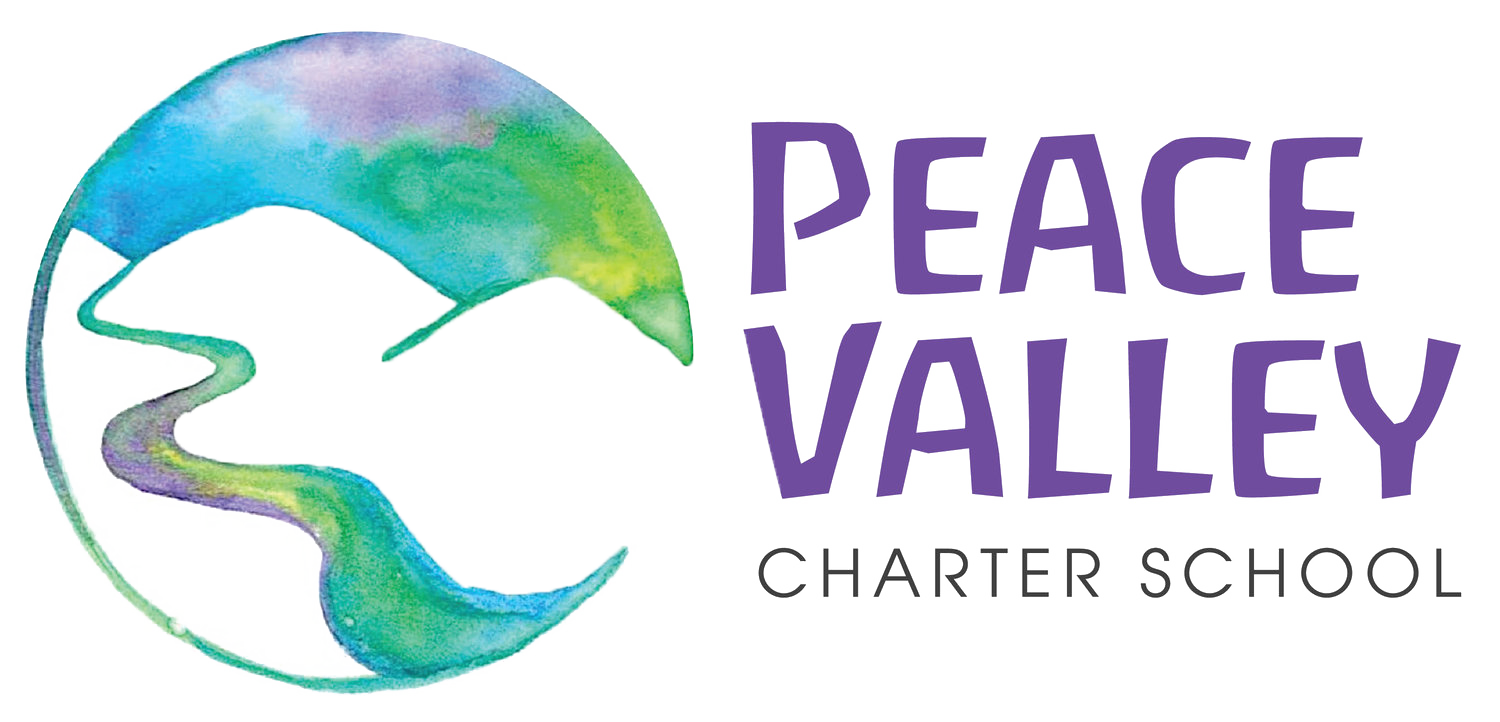A school which provides an innovative, student-centered, developmentally appropriate education to a community desiring a whole child educational option.
Peace Valley’s Vision
Children will learn reading and writing, mathematics, history, geography, and the sciences while learning to sing, play a musical instrument, draw, paint, act in plays, and garden. They will learn fiber arts (such as knitting and sewing), a foreign language and culture, and enjoy moving through Eurythmy and Movement classes. Peace Valley wants students to think critically and independently and to work harmoniously and respectfully with others.
Peace Valley's curriculum delivers the content and competencies outlined in the Idaho Content Standards with the progression from Kindergarten through 8th grade. We provide an environment that nurtures a child's emerging capacities at each age and has a holistic focus on the physical, emotional, and social well-being of our community of students, staff, and parents.
Peace Valley aims to bring forth healthy, confident, free-thinking, and self-directed children who are passionately engaged with education and empower them to contribute responsibly to the world and to appreciate the importance of peace, respect, and compassion.
Through the use of Waldorf methods, Peace Valley nourishes a child’s natural curiosity and passion for learning by respecting the unique developmental stages of childhood.
All facets of the school are structured around a comprehensive understanding of human development and set in a community that nurtures self-awareness, respect, and dignity.
Strategic Plan
In early 2022, the Peace Valley Charter School community, consisting of Peace Valley’s governing council, administration, faculty, 8th grade class, school advisory committee and parents, engaged in a collaborative effort in a 6-hour Strategic Planning Process following 2-hour group sessions. All constituents were able to contribute in conversations that awakened awareness to the School’s perceived Strengths, Weaknesses (Challenges), Opportunities & Threats for planning purposes.
Together, these stakeholders manifested Goals, Objectives and Tasks to set the stage for upcoming forums and evaluations to be made by participating members of the Peace Valley Community. The commitment of precious time contributed by all stakeholder groups was essential and indispensable to formatting the School’s finalized STRATEGIC PLAN that will help to guide future decisions and the overall direction of Peace Valley Charter School.
Our Charter
Peace Valley Charter School recognizes each child’s unique potential and provides children an education that gives them the tools and skills to flexibly meet every challenge the future brings.
Peace Valley’s educational philosophy has its roots in an independent educational movement of more than 1,800 Waldorf schools worldwide. While many Waldorf schools are private, The George Lucas Educational Foundation reported in 2009 that the number of public schools inspired by Waldorf educational methods is growing fast. For almost a hundred years, using the mediums of art and nature as their point of departure, Waldorf schools have provided a rigorous academic education, recognized for its students’ flexibility of thought, ingenuity, and practical ability, and their devotion to community service.
Core Principles of Public Waldorf Education
1. Image of the Human Being: Public Waldorf education is founded on a coherent image of the developing human being.
2. Child Development: An understanding of child development guides all aspects of the educational program, to the greatest extent possible within established legal mandates.
3. Social Change Through Education: Public Waldorf education exists to serve both the individual and society.
4. Human Relationships: Public Waldorf Schools foster a culture of healthy relationships.
5. Access and Diversity: Public Waldorf Schools work to increase diversity and access to all sectors of society.
6. Collaborative Leadership: School leadership is conducted through shared responsibilities within established legal structures.
7. Schools as Learning Communities: Public Waldorf schools cultivate a love of lifelong learning and self-knowledge.
